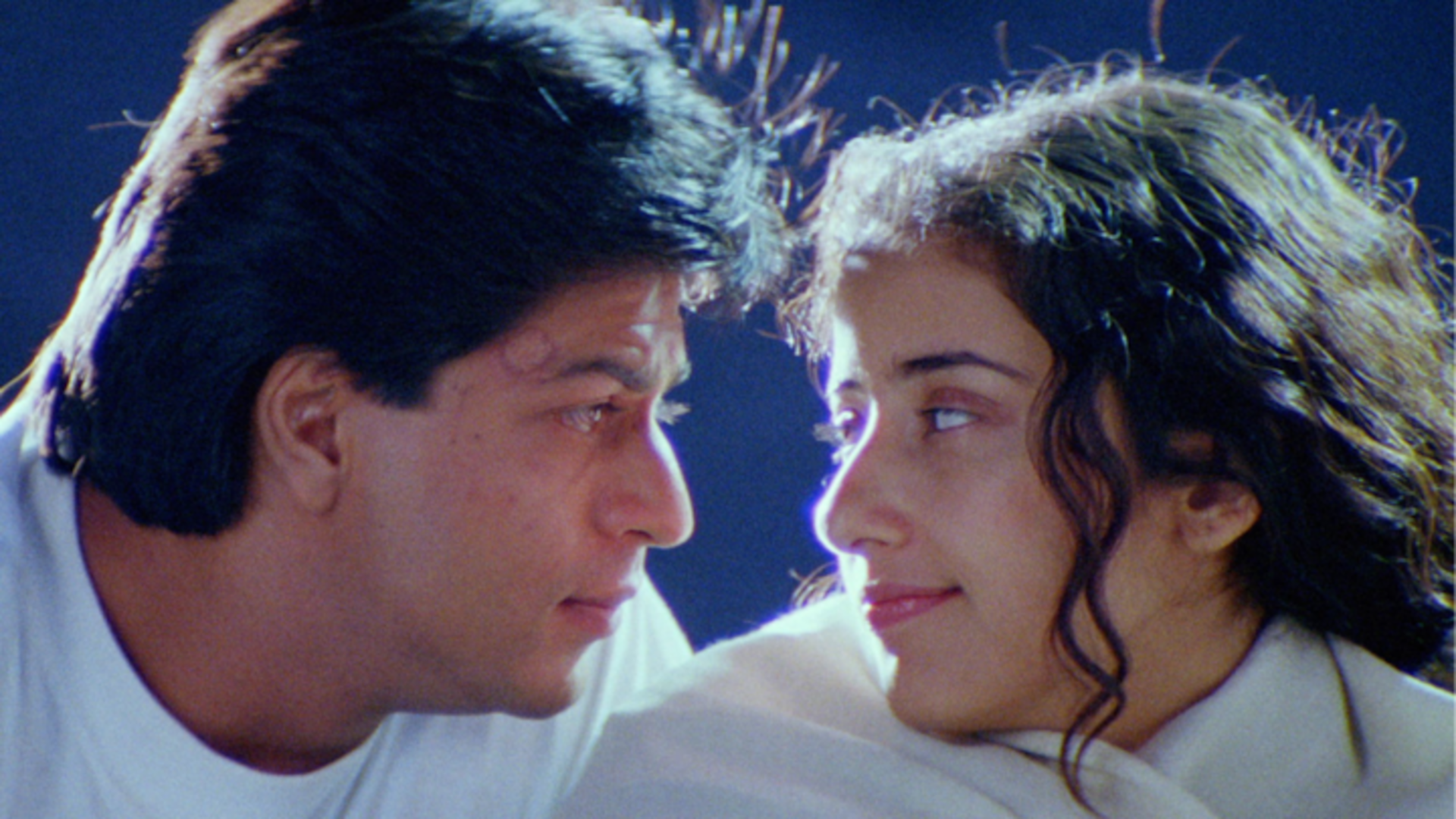
'Dil Se' climax 'disappointed' audience, says film's writer Tigmanshu Dhulia
What's the story
In a recent interview with Lallantop Adda, acclaimed director and dialogue writer Tigmanshu Dhulia spoke about the underwhelming box office performance of the 1998 film Dil Se, directed by Mani Ratnam.
Despite its initial lackluster reception, the film—starring Shah Rukh Khan and Manisha Koirala—has since gained a cult following.
Dhulia attributed the film's initial failure to its unconventional climax where the lead characters meet a tragic end.
Personal reaction
Dhulia expressed disappointment over 'Dil Se's initial failure
Dhulia was disappointed that the film didn't work, despite its popular soundtrack with songs like Chaiyya Chaiyya and Ae Ajnabi.
He revealed, "I felt really bad when it didn't work. Despite the fact that it had such amazing songs."
"In fact, my daughter's name was inspired by a song. When the music released, I was listening to those songs with her and my daughter was already 2-3 months old by then."
Climax
Why the audience rejected the climax
Dhulia said, "I feel that people didn't want to lead actors to die towards the end maybe that's the reason the film didn't work in the theatres."
"I think the climax was disappointing for the audience because otherwise, the film was sailing through beautifully."
Director's stance
Dhulia defended Ratnam's artistic integrity
When asked if there were any discussions to change the film's climax, Dhulia defended Ratnam's artistic integrity.
He said, "Mani Ratnam is an artist as a director, I have learned a lot from him. Director ho toh Mani Ratnam jaisa ho (A director should be like him)."
"He trusted his work, it works or doesn't, he didn't care. He would never change any shot, the film works or not."
Actor's view
Koirala's perspective on 'Dil Se's unconventional ending
In an earlier interview with ANI, Koirala—who played a terrorist in the film—had shared her perspective on the film's unconventional ending.
She said, "As an artist, for me, that was a great opportunity to explore the negative side of the character."
"I had always played lovable and good roles, but this was different. It was not typical and I liked it."